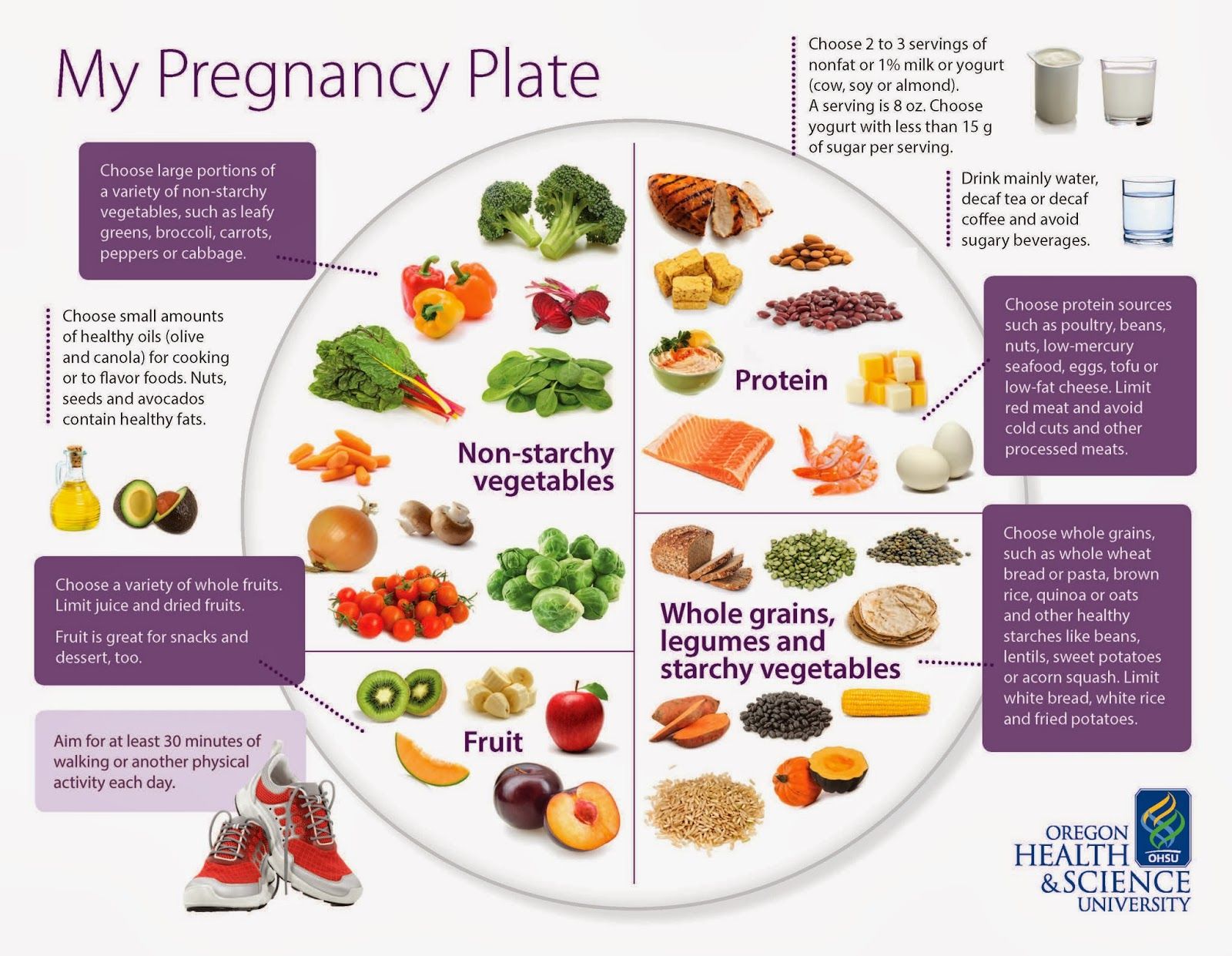Pregnancy is a unique time in a woman’s life when her body undergoes numerous changes to support the growing fetus. It is crucial for expectant mothers to prioritize their nutritional needs to ensure a healthy pregnancy and baby. A well-balanced diet during this time plays a vital role in providing essential nutrients for fetal development and preventing pregnancy complications.
The Importance of a Balanced Diet
Adequate nutrition is vital for both the mother and the developing baby. A balanced diet ensures that the mother receives the necessary vitamins, minerals, and macronutrients, such as carbohydrates, proteins, and fats, to maintain her overall health and well-being. It also supports the growth and development of the baby.
Key Nutrients for Pregnancy
Folate
Folate, or folic acid, is a B-vitamin essential for the formation of the baby’s neural tube, which develops into the brain and spinal cord. Adequate folate intake early in pregnancy can lower the risk of neural tube defects. Good sources of folate include dark green leafy vegetables, citrus fruits, legumes, and fortified cereals.
Iron
Iron is crucial for the production of hemoglobin, the protein in red blood cells responsible for carrying oxygen. During pregnancy, blood volume increases to support the growing baby, increasing the need for iron. Iron-rich foods include lean meats, poultry, fish, beans, and fortified grains. Pairing these foods with sources of vitamin C, such as oranges or bell peppers, aids in iron absorption.
Calcium
Calcium is essential for the development of the baby’s bones and teeth. If a pregnant woman does not consume enough calcium, her body will begin to take it from her bones, potentially leading to osteoporosis later in life. Good sources of calcium include dairy products, tofu, almonds, and leafy green vegetables.
Protein
Protein is crucial for the growth and repair of tissues, as well as for the development of the baby’s organs, muscles, and cells. Pregnant women should aim to consume high-quality, lean protein sources such as lean meat, fish, poultry, beans, lentils, and dairy products.
Omega-3 Fatty Acids
Omega-3 fatty acids, particularly DHA (docosahexaenoic acid), play a vital role in the development of the baby’s brain and eyes. Good sources of omega-3 fatty acids include fatty fish (e.g., salmon, sardines), walnuts, flaxseeds, and chia seeds. If fish consumption is limited, pregnant women may consider a DHA supplement after consulting with their healthcare provider.
Vitamin D
Vitamin D is essential for the absorption of calcium and the development of the baby’s bones and teeth. While sunlight is a natural source of vitamin D, it may be challenging to meet the increased requirements during pregnancy. Good dietary sources include fatty fish, fortified dairy products, and egg yolks.
Additional Considerations
In addition to consuming a well-balanced diet, pregnant women should also consider the following:
Hydration
Staying adequately hydrated is essential during pregnancy. Water helps carry nutrients to the cells, supports digestion, alleviates constipation, and helps regulate body temperature. Aim to drink at least 8-10 cups of water per day and more if exercising or in hot weather.
Weight Gain
Weight gain during pregnancy is normal and necessary for the baby’s growth. However, excessive weight gain can lead to complications. It is vital to maintain a healthy weight by consuming nutrient-dense foods and avoiding excessive calorie intake.
Supplementation
While a balanced diet should be the primary source of essential nutrients, some women may require additional supplementation. Prenatal vitamins, prescribed by healthcare providers, can help bridge any nutritional gaps and ensure adequate intake of key nutrients.
Conclusion
Nutrition plays a critical role in ensuring a healthy pregnancy and optimal fetal development. A well-balanced diet that includes key nutrients like folate, iron, calcium, protein, omega-3 fatty acids, and vitamin D is essential. Pregnant women should strive to meet their nutritional needs, maintain a healthy weight, stay hydrated, and consult with their healthcare provider about any necessary supplementation. By prioritizing their nutritional needs, expectant mothers can provide their baby with the best possible start in life.






